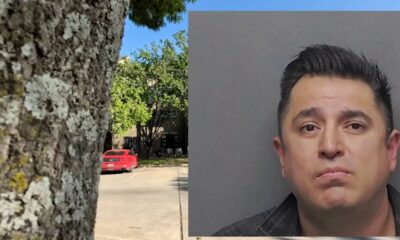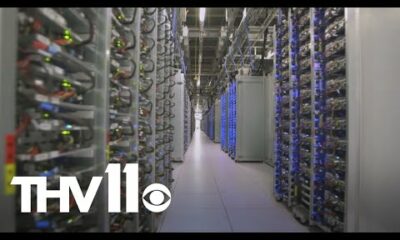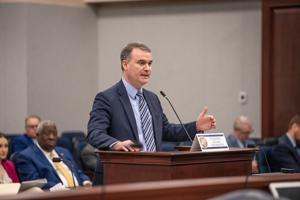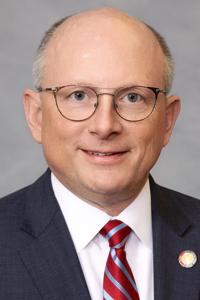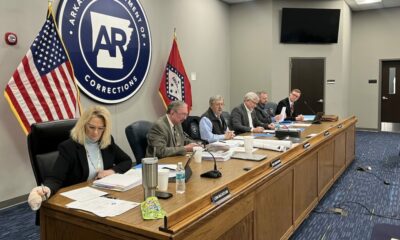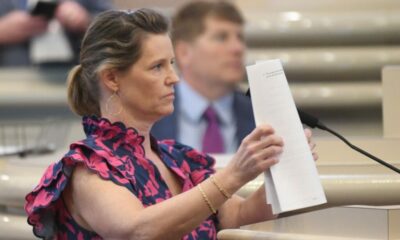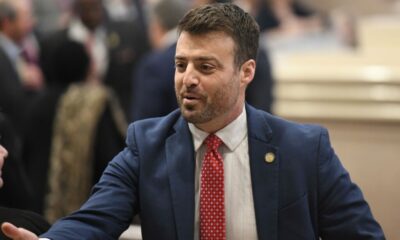(The Center Square) – Taxpayers giving breaks to the solar industry at the expense of some of “the best farmland in the state” is a misdirection of the General Assembly’s intention, a farmer and bill sponsor told a North Carolina legislative committee Wednesday.
Rep. Jimmy Dixon, R-Wayne
“When this was being sold to the General Assembly, it would be on nonproductive land,” said Rep. Jimmy Dixon, R-Wayne. “I can’t tell you how many times I heard that this would be on nonproductive, low-performing land. Over and over, that was one of the selling points for it.”
But instead, the solar panels have been positioned on “the best farmland in the state,” Dixon said.
The legislator said he is a firm believer in property rights that allow farmers to lease their land for solar panels. But the tax breaks are a “subsidy” paid by all taxpayers, he said.
Dixon is chairman of the Agriculture and Environment Committee. Discussion centered on the Farmland Protection Act, or House Bill 729. North Carolina’s No. 1 industry is agriculture and agribusiness, estimated at a $111.1 billion economic impact.
Growth in agriculture and agri-business since 2022 is by $18 billion. About 42,500 farms are operated on 8.1 million acres.
Dixon originally favored reducing the tax break from 80% to 40%, but now wants it reduced to zero.
“There will be no exclusion going forward,” he said of the latest version of the bill.
For future solar projects, the Farmland Protection Act would eliminate the 80% property tax break on equipment, Dixon said. Millions in revenue for counties is lost by the law as it stands, he said.
Kevin Leonard, executive director of the North Carolina Association of County Commissioners, spoke in favor of the bill Wednesday.
“Our association’s full support of this legislation is not a statement on clean energy,” Leonard said. “Many of our commissioners support those issues. For us, this is our association’s and our counties’ concerns about the impacts of unfunded mandates to exempt property taxes.”
Counties have limited ways to raise revenue to fund services, he said.
Thirteen North Carolina counties each suffer $1 million per year losses due to the solar equipment, Leonard said.
“Repealing this would have a major positive impact for those counties to support the functions that they are required by this body to provide,” Leonard told legislators.
But George Draper, who owns 38 acres in Anson County, defended the tax breaks. He has leased some of his land to a solar company since 2015.
“My wife and I are both retired and we rely on this income.” he said. “This bill could have a detrimental effect on landowners across North Carolina.”
Dixon stressed his intent was to halt the tax breaks on future projects.
The committee heard comments on the legislation Wednesday but did not vote on it. Dixon described it as a “work in progress.”


